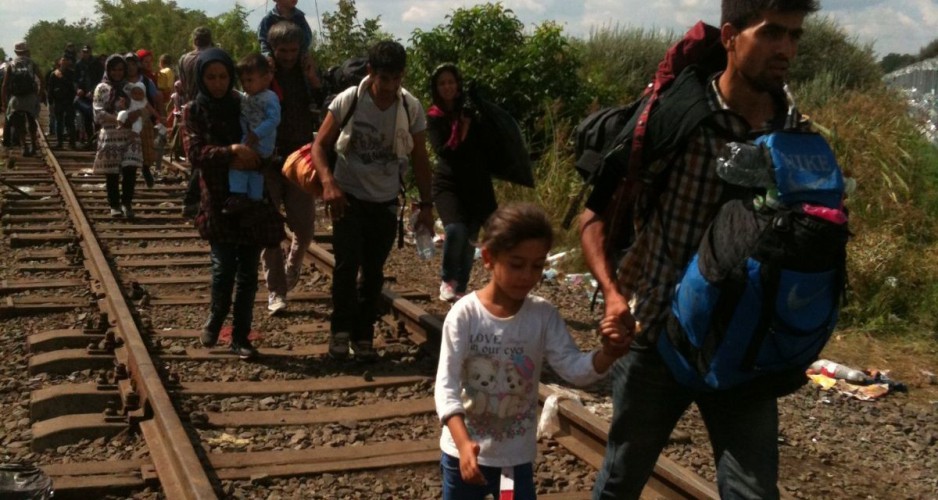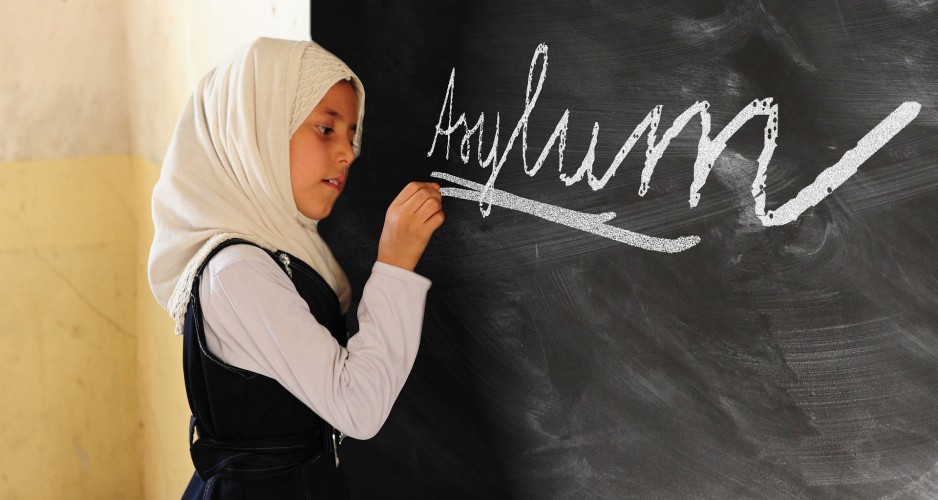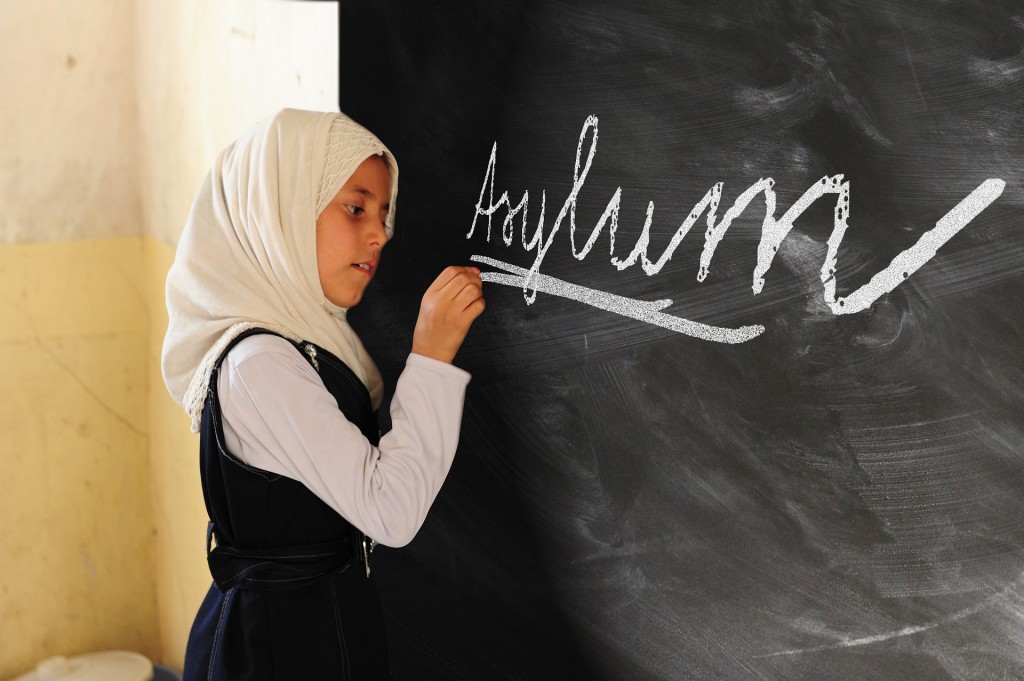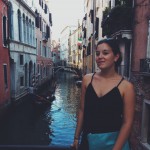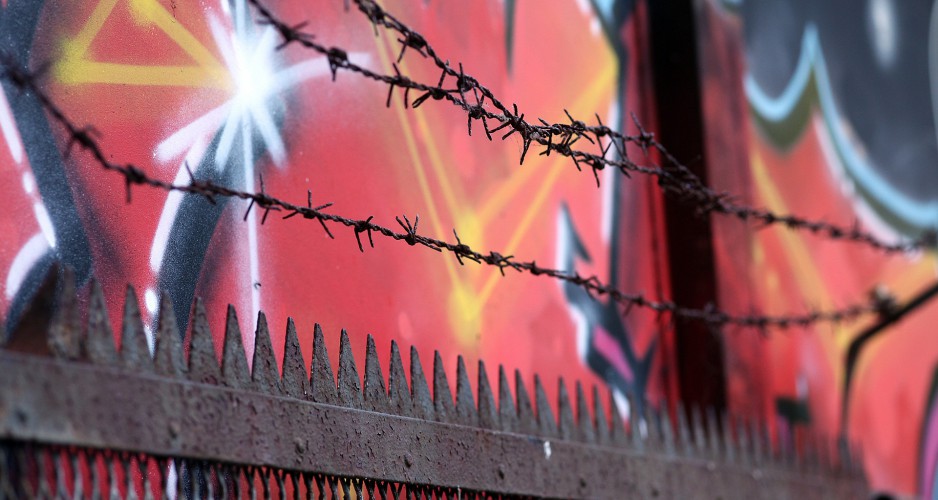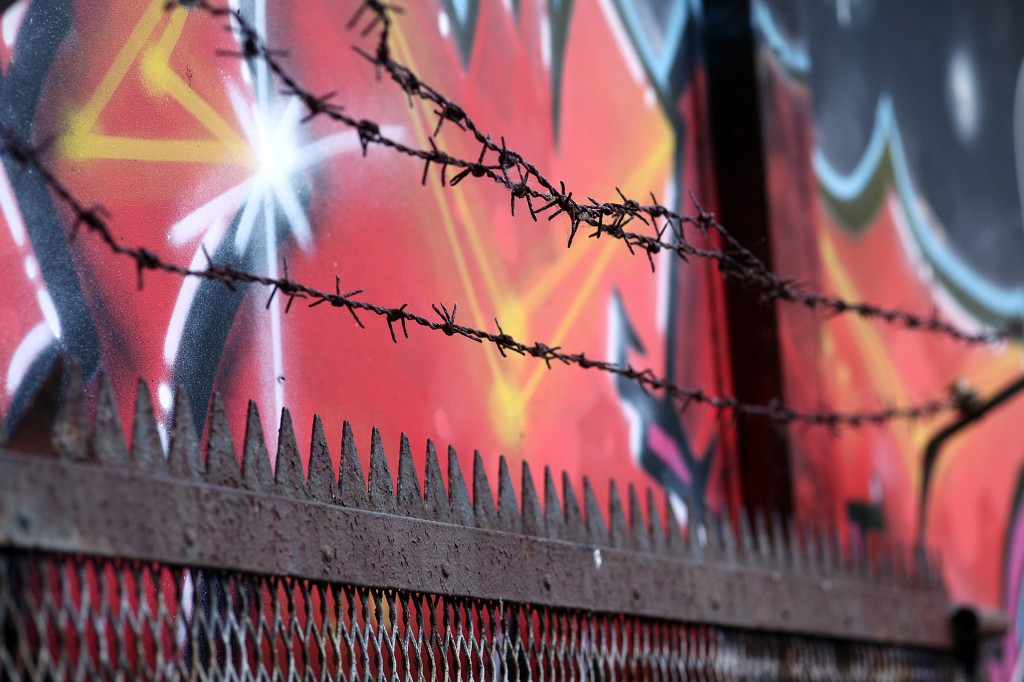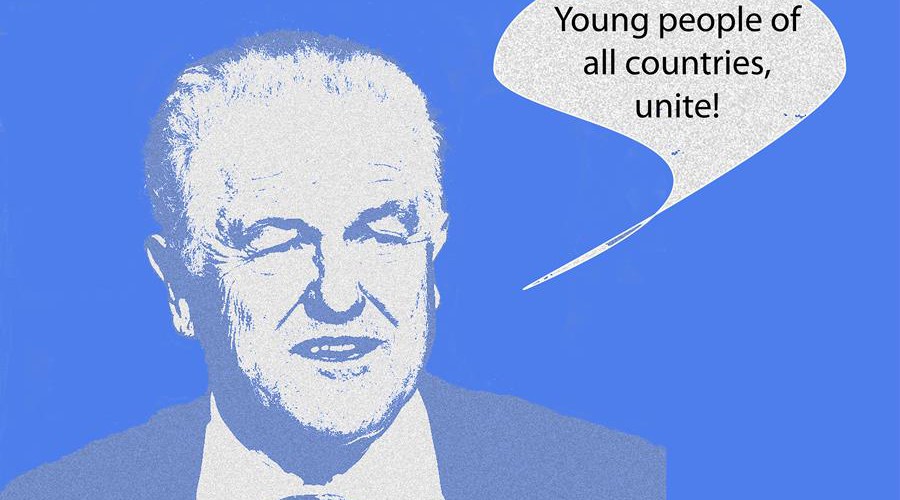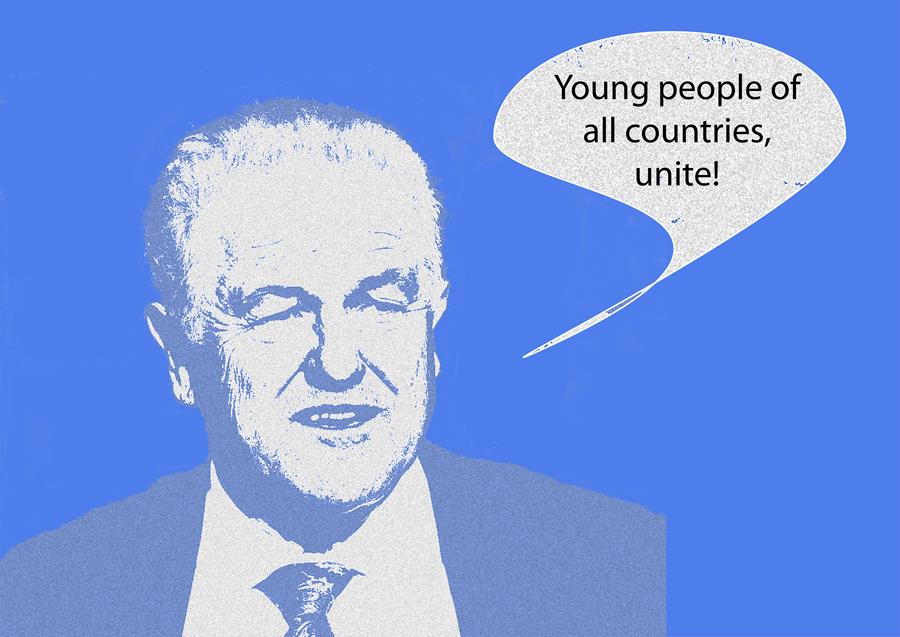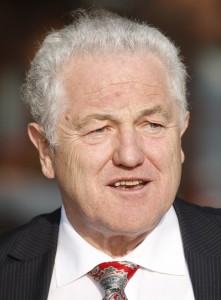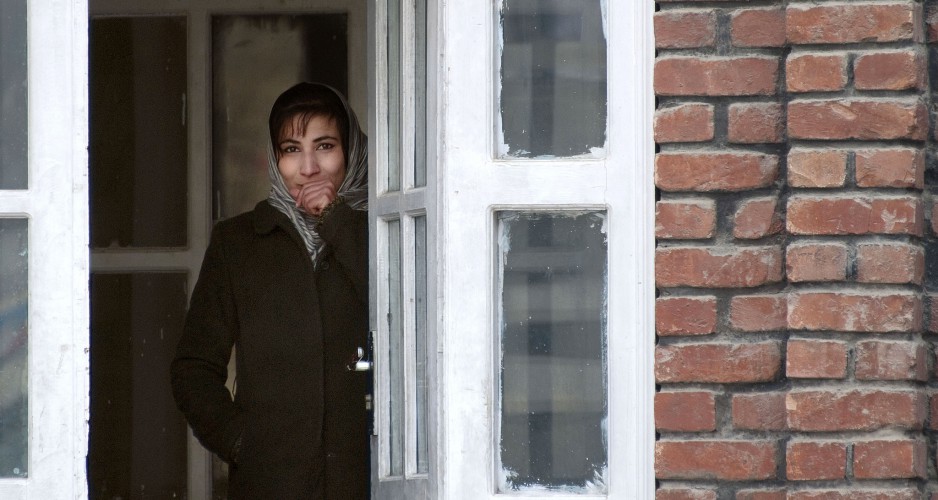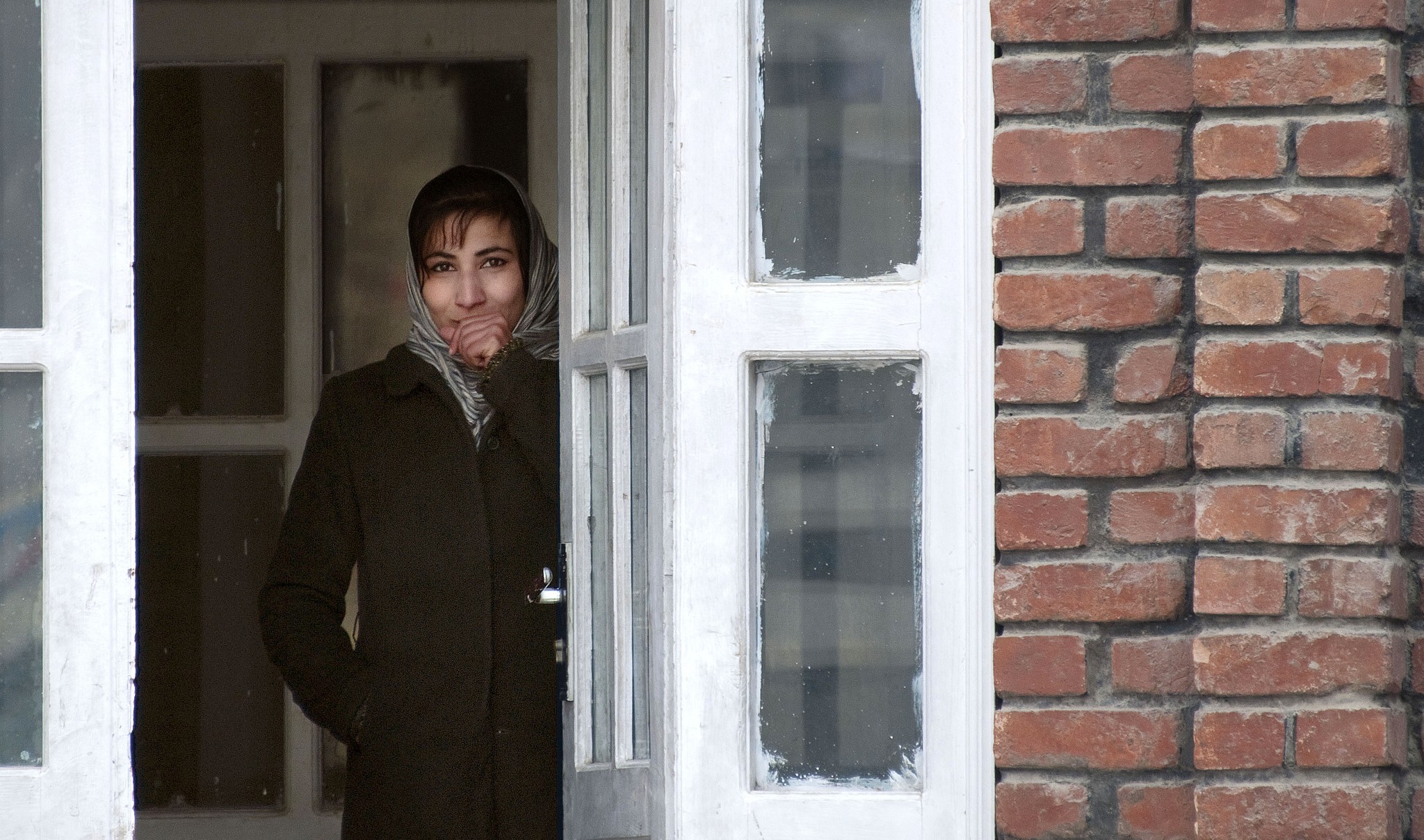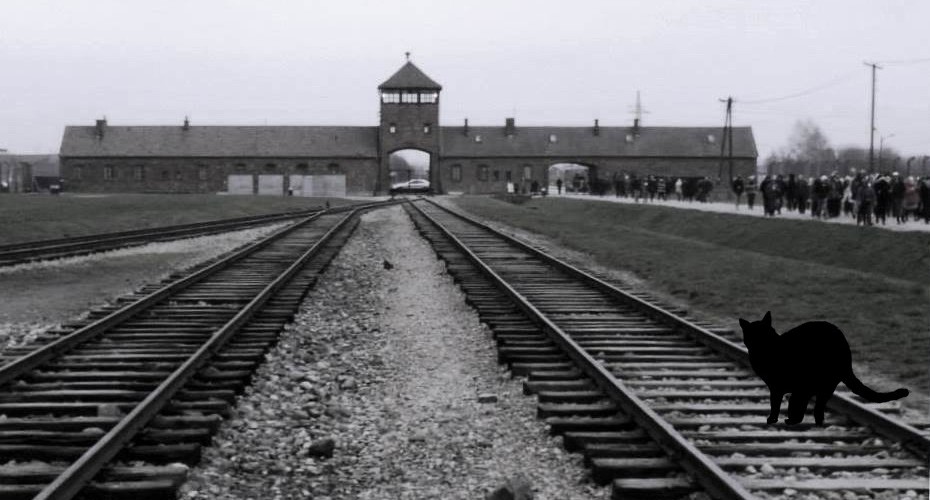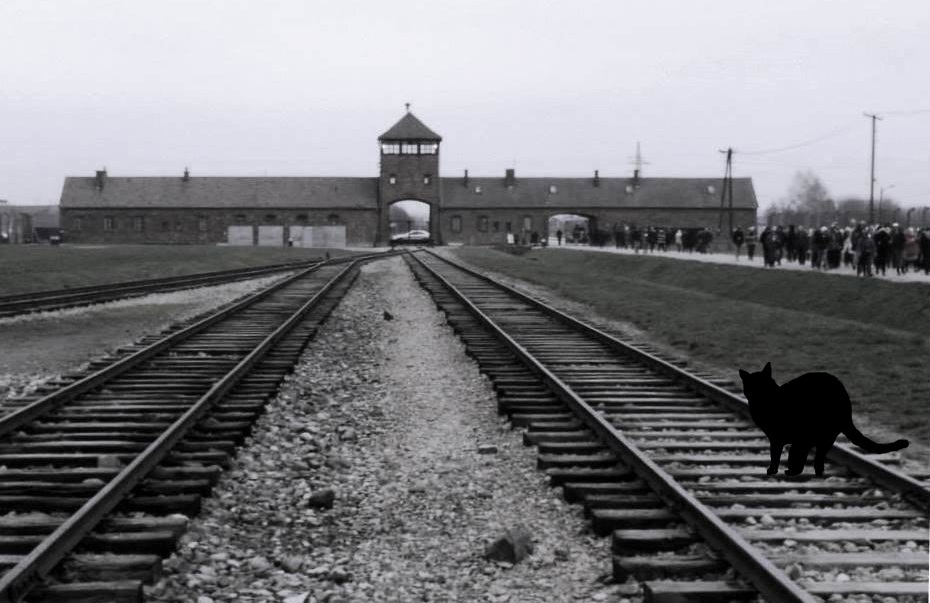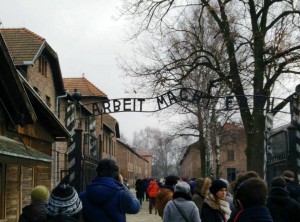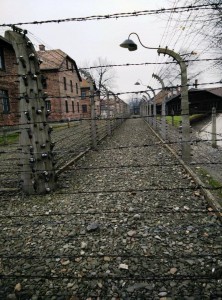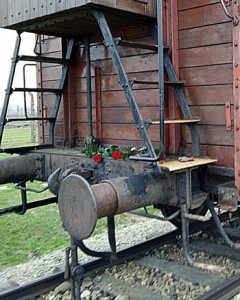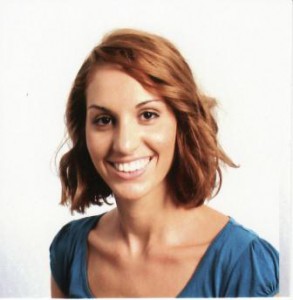 The closing of the Serbo-Hungarian border in October 2015 caused a massive influx of refugees seizing their last chance to make it into the European-Union through Hungary. Katharina* (54), housewife and mother of three children in Munich decided in October 2015 to go to the Serbo-Hungarian border to offer her help to the refugees.
The closing of the Serbo-Hungarian border in October 2015 caused a massive influx of refugees seizing their last chance to make it into the European-Union through Hungary. Katharina* (54), housewife and mother of three children in Munich decided in October 2015 to go to the Serbo-Hungarian border to offer her help to the refugees.
She agreed to share her experience with us in this interview.
YCF: What motivated you to go to the Serbo-Hungarian border?
Katharina: I decided to go there, when the refugee crisis and particularly the position of the European-Union at its borders were at the center of media attention. The spotlight was put on the Syrian refugees and their struggles at the borders to get into the European-Union by land or by sea. When I saw these people in Hungary walking by feet on the streets direction Austria I couldn’t stop thinking of them.
Furthermore, there was a wave of solidarity coming up in Munich, the city in which I live, as well as in Germany in general.
But the thing, that pushed me the most, was the urge of the situation and the will to face it. I mean, there was a huge humanitarian crisis just about 500 miles away and I couldn’t stand it, just to stay in my comfort zone and not do anything about it.
YCF: How did you go? And who did you take with you?
Katharina: I got in contact with a small group of people in my neighborhood who also wanted to do something. Most of them helped by donating stuff and/or money, but two of them were willing to come with me to the border to help the refugees there – a German architect who was about 40 years and a Syrian man who has lived in Munich for over 40 years.
Once the group was formed we decided to rent a truck and fill it with the donations. We even got supported by a charity organization which gave us among other things strollers and baby-carriers.
We first arrived in Budapest, where we originally wanted to help, but we were quickly told that there were enough people willing to help in the city. However, there was a huge lack of people at the Serbo-Hungarian border.
YCF: Once there, what was your first impression?
Katharina: I was surprised by the lack of infrastructure when we arrived. We first had to clean the surface to even think about creating a kind of infrastructure where we can welcome the arriving refugees. Then we distributed tents and made a plan to create a structure.
I was also surprised, that there were just very few people who came for humanitarian causes and a lot of journalists. I even felt, that there were more journalists than volunteers that came to the border. And there were quite a lot of Hungarian policeman at the border as well.
YCF: What were your main activities at the border?
Katharina: Well, the activities varied. As already said, we installed tents to welcome the refugees, but we also gave them dry clothes when they arrived wet from head to toe because of the heavy rain. And we gave shelter and information to the disoriented refugees. We even gave money once in a while when they lost everything on their way. We also gave the often terrified children some toys and brought families to main train stations so that they could continue their way from there. As you can see, we always had something to do.
 YCF: What impressed you the most?
YCF: What impressed you the most?
Katharina: I think it was to see so many families. Of course, I expected to see some families, but I was surprised to see that many families with small kids I thought meeting a lot more young to middle-aged men, who made the way to get their wives and kids later.
I was also surprised by the dignity and the decision of the refugees. Some of them had made very tough ways to get to the border and most were very tired. But all people were incredibly respectful and helpful one to another. I’ve never noticed a violent skid or even a feeling of aggressiveness.
Last but not least, I was surprised by the fact that there were not only Syrians trying to cross the border, but also a lot of Iraqis and Afghans fleeing terror and war.
 YCF: What was your most shocking experience
YCF: What was your most shocking experience
Katharina: One evening we were looking out at the border, if there was anyone who could need our help. We noticed someone hiding in the bushes, so we went a little closer. It was a young woman with a newborn in her arms. The young mother just gave birth a very few days ago in Serbia. But she didn’t have the time to recover from the birth. She had to continue her way direction Hungary. Once they arrived at the border, she sat down in a bush and stopped moving. She stayed in a severe state of shock with her newborn for one day and one night. The baby was almost not dressed. He wouldn’t have survived one more night like this in the cold.
At the example of this woman you can see how the refugees are going to their extremes. There is no going back for them.
YCF: Are you still active in the help for refugees today?
Katharina: I am indeed. I joined an organization in my city that offers different types of workshops for the refugees. The aim is, to integrate them and to offer them something to do during the long days. The workshops vary from German-classes and help in the bureaucratic steps to sports and cooking workshops. I personally lead a painting workshop with another woman. With this workshop we try to give them an opportunity to show their artistic skills and to express their experience. At the end of the workshop we’ll expose the paintings in a gallery to show it to a broad public.
* name changed as requested
Interview: Clara Hachmann
About the author:
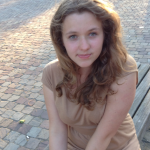 Clara took part in our “My Europe”workshop in Munich in 2013. She is one of the winners of the international writing contest from the workshop and has been actively representing the voice of young Europeans through the “Youth Council for the Future” (YCF). Read more…
Clara took part in our “My Europe”workshop in Munich in 2013. She is one of the winners of the international writing contest from the workshop and has been actively representing the voice of young Europeans through the “Youth Council for the Future” (YCF). Read more…

